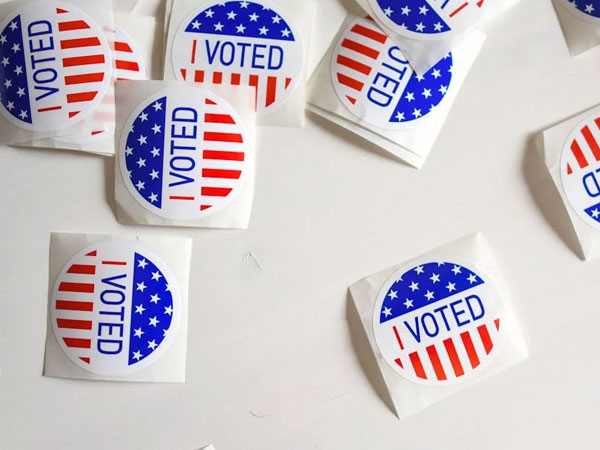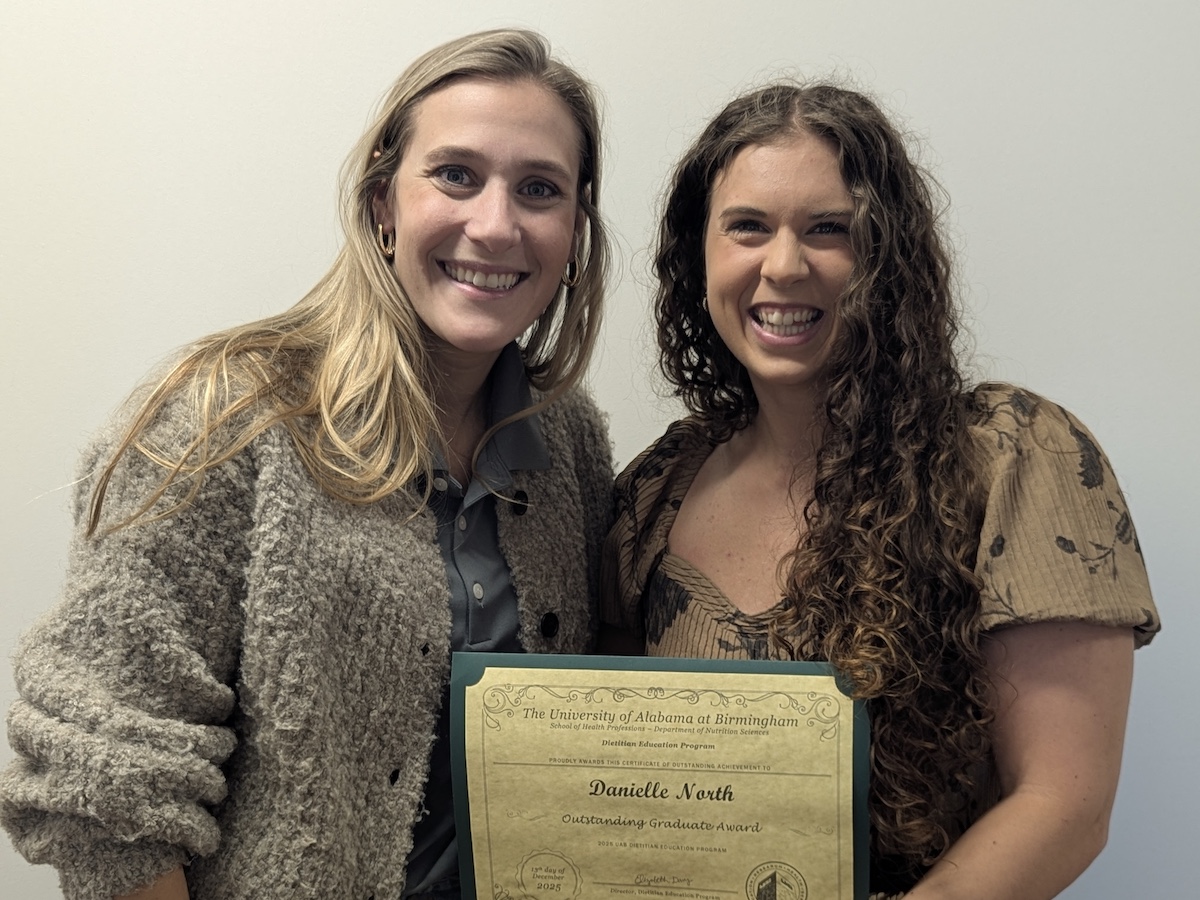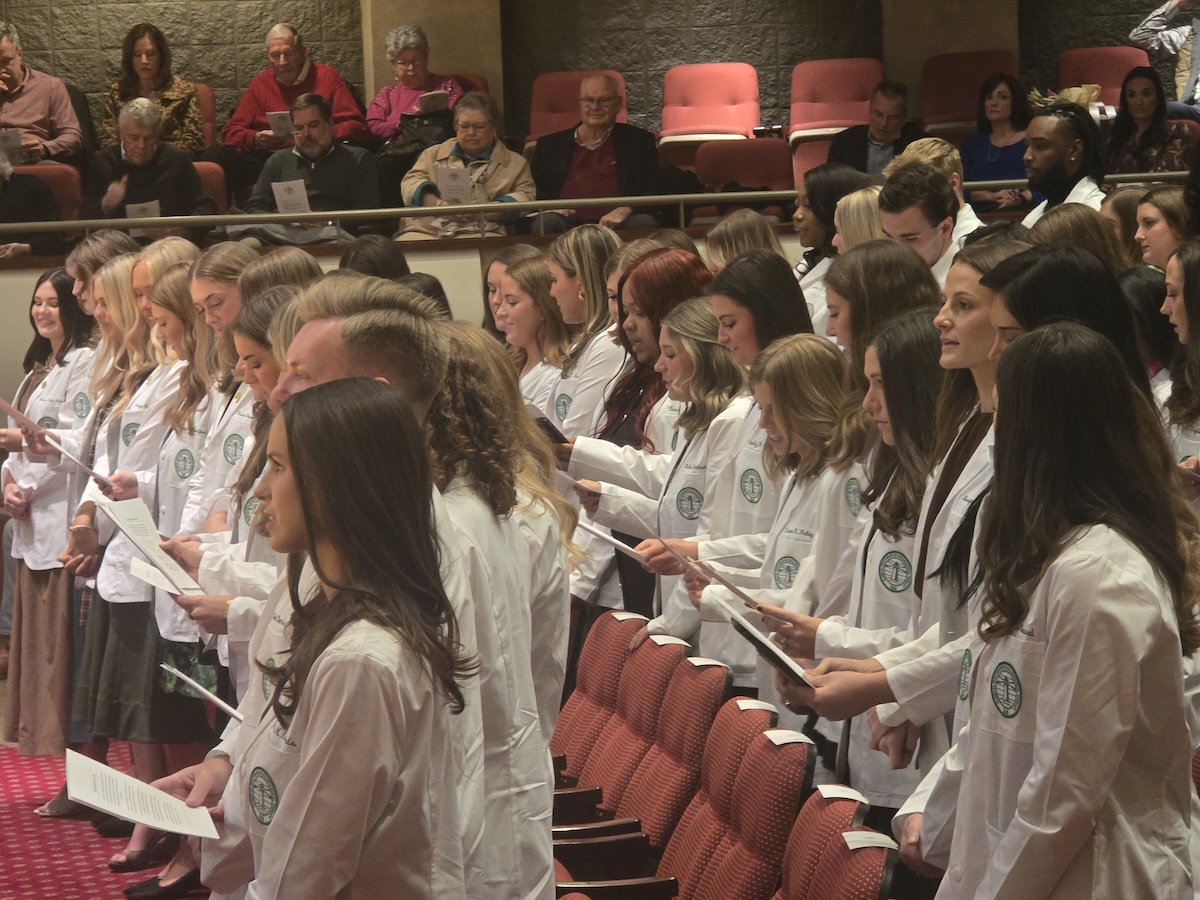 The Alabama primary nomination for the 2024 election took place a few weeks ago. In the spirit of the election year, let’s discuss voting rights for Alabamians with disabilities.
The Alabama primary nomination for the 2024 election took place a few weeks ago. In the spirit of the election year, let’s discuss voting rights for Alabamians with disabilities.
Voting Rights
People with disabilities, including intellectual and developmental, have the right to vote except for when a judge (not a group home employee or other caretaker) has ruled otherwise. People with disabilities have the right to vote at an accessible location. People with disabilities have the right to have an assistant help them vote in person, as long as the assistant is not their employer or a union representative. Many people with disabilities also have the right to vote using an absentee ballot.
There are several things an attendant cannot do when helping someone with a disability vote in person. They must respect the person’s privacy – for example, they cannot share who the disabled person voted for. They also must make sure that the person’s choices are being respected. An attendant cannot change a ballot to something the person with a disability did not choose or pressure the person into voting a specific way. If the attendant is helping with an absentee ballot, they cannot be paid to do so. A paid attendant helping with an absentee ballot will be illegal soon.
Accommodations
Many voting locations are at buildings that are inaccessible. The Department of Justice has a guide to provide some solutions for common issues.
One of the most common issues is a building or other location that is inaccessible to people with some disabilities, such as visual or mobility impairments. Some polling locations might have objects protruding into pathways, in which case the Department of Justice advises using a barrier at ground level to signify that there is an object in the way. Others might be in inaccessible buildings, in which case temporary ramps can be used to bypass stairs, doors can be propped open, or accessible parking spaces can be created by blocking off non-accessible spots.
Other issues can include the voting room itself being inaccessible. There must be at least one wheelchair-accessible booth with an accessible route leading to it and the floors need to be “stable, firm and slip-resistant.” That would mean, for example, that there could not be an unsecured plastic tarp covering the floor. If that is not the case, changes must be made, such as moving other booths to make way for the accessible booth, or securing or removing the tarp.
Absentee Ballots
Another means of voting that works better for some people with disabilities is voting via an absentee ballot. Alabama has specific requirements for how absentee ballots need to be applied for, received, and mailed. The application requirements include a copy of the applicant’s state-issued photo identification, which election is being requested, their name and address and their signature.
To repeatedly vote by absentee ballot, the person must be “permanently disabled.” An absentee ballot also requires the ballot to either be notarized or have signatures from two witnesses.

